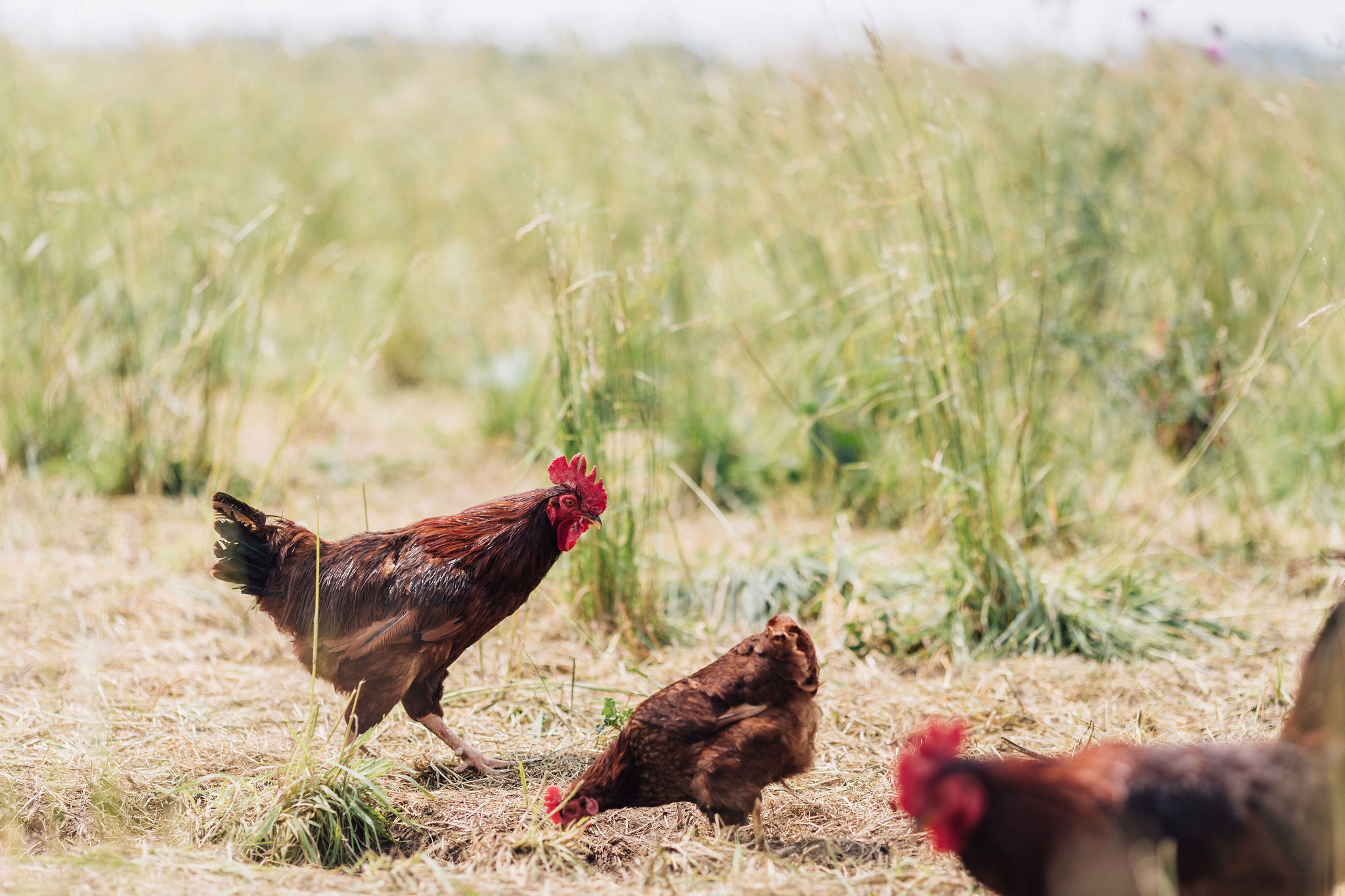Are robots the farmers of the future?
posted on
June 14, 2019
I had the privilege of visiting the Netherlands last weekend. Of course, I wanted to visit a farm.
I was in luck! I found a Dutch farm that sold raw milk AND welcomed visitors.
In the Netherlands, only pasteurized milk can be bottled and sold in stores. Raw milk is legal if you buy it on the farm. Either the farmer manually puts it in your container from the bulk tank, or some farms have special milk vending machines where you can fill your own bottle.
The farm that I visited was “biologique” (the equivalent of “organic” in the US) but followed more conventional farming practices. The farmer cared deeply about his work and did it to the best of his ability. His father, grandfather, etc were all dairy farmers, and it’s his choice to continue the tradition, but with his own twist.
This farm was mechanized. Robots were everywhere.
There was a robot that cleaned the manure from the barn floor.
There was a feeding robot that delivered individualized meals to groups of cows.
There was a robot milking machine that cleaned the udders, used a laser to find the teats, and fed the cow while it was being milked.
Each cow wore a collar with a tracking device, which logged their location, their diet, health stats, and how often they chose to get milked. The farmer said that the cows choose to get milked 2.8x in 24 hours.
Having a mechanized farm definitely has its advantages.
You don’t need to clean up poop.
You can keep meticulous records of everything without picking up a pencil.
You can minimize your labor. However, I’m conflicted on this one, as you do need to design and build and maintain and repair and update the robots.
However, there are downsides.
The hands down biggest downside is the cost. The farmer at the farm I visited said that he was millions of dollars in debt from buying the machines and maintaining his farm.
Because of this, his business model is not based on farming alone. He relies on running a store, a cafe, a daycare, a corn maze, a rehab center for disabled people, and more.
Other potential downsides I saw were being disconnected from the animals and nature, increased reliance on outside energy sources, and robot malfunctions resulting in mistreatment of animals.
So, are the farmers of the future robots?
I suppose it depends on the farm, its needs, its goals.
For me personally, I would prefer a human-run small family farm and would be comfortable with some robot helpers.
What do you think?




